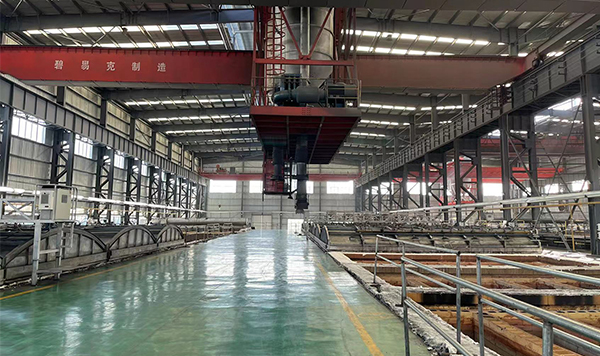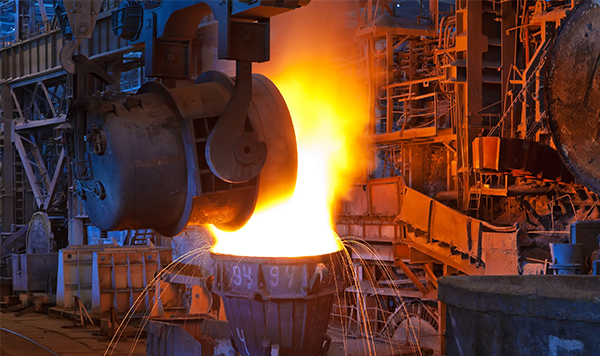The quality of needle coke can impact several aspects of graphite electrodes. Here are some areas where the quality of needle coke can have an influence:
Electrical Conductivity:
Needle coke is a critical raw material for graphite electrodes, and its quality directly affects the electrical conductivity of the electrodes. High-quality needle coke with appropriate composition and structure provides better electrical conductivity, allowing for efficient energy transfer during the steelmaking process.
Thermal Conductivity:
The thermal conductivity of graphite electrodes is crucial for effectively transmitting and distributing heat in electric arc furnaces. The quality of needle coke affects the thermal conductivity of the resulting graphite electrodes, impacting their ability to withstand and transfer heat efficiently.
Mechanical Strength:
Needle coke contributes to the mechanical strength and structural integrity of graphite electrodes. High-quality needle coke with desirable properties enhances the strength and durability of the electrodes, ensuring they can withstand the rigorous operating conditions in steelmaking processes without fracturing or deforming.
Oxidation Resistance:
Graphite electrodes are exposed to intense heat and oxidizing environments during steelmaking. The quality of needle coke influences the resistance of graphite electrodes to oxidation. High-quality needle coke with low impurity levels and proper microstructure offers better resistance to oxidation, resulting in longer electrode lifespan and reduced consumption rates.
Thermal Expansion:
Needle coke characteristics play a role in determining the coefficient of thermal expansion (CTE) of graphite electrodes. The CTE affects the dimensional stability and thermal stress resistance of the electrodes, particularly during the heating and cooling cycles of the steelmaking process.
Therefore, the quality of needle coke directly impacts the electrical conductivity, thermal conductivity, mechanical strength, oxidation resistance, and thermal expansion characteristics of graphite electrodes, ultimately influencing their performance and longevity in the steelmaking industry.







